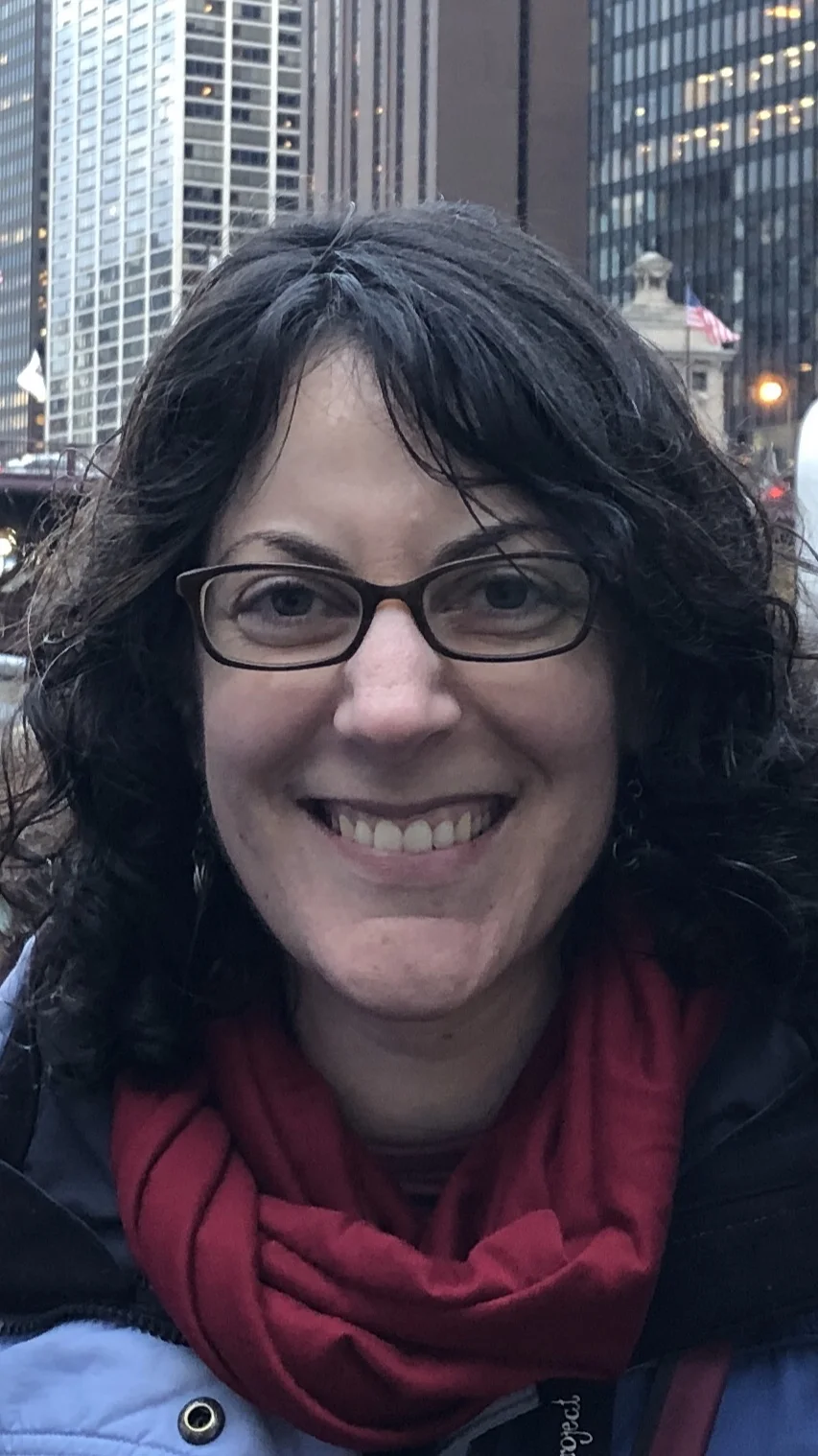Interview with Early Childhood Educational Leader Dana Kadish
Question: 1. What types of roles and experiences have you had within early childhood education and care?
My career in early childhood education has been deeply rooted in one small, progressive school in Western Massachusetts. I fell head over heels in love with it (The Common School in Amherst, MA) upon my first visit and I remained there for 27 years. During that time, I wore nearly every hat imaginable—from student teacher to head teacher, parent, learning support coordinator, director of enrollment, and ultimately Co-Head of School. Each of these roles provided a unique perspective on teaching, leadership, and community building.
I’ve also been deeply invested in caregiver and parent engagement, as I believe the well-being of families is central to the well-being of children. Supporting those partnerships has been among the most meaningful aspects of my work.
Question 2. Which college courses, mentors, or professional development opportunities were the most influential or helpful in your work?
Earning my Master’s degree in Early Childhood Education from UMass Amherst was pivotal. It allowed me to dive deeply into pedagogy, systems thinking, and progressive education. I was profoundly influenced by my former professor, Dr. Sonia Nieto, who introduced me to multicultural education (as it was called then) and culturally responsive teaching. Her mentorship inspired me to pursue my work as an anti-racist, anti-bias educator.
I’ve also been continually inspired by my colleagues, especially those who were pioneering nature-based early education. Their creativity and commitment to nurturing children through the natural world have been nothing short of transformative.
Question 3. What motivated you to become a trainer for early childhood educators, and what subjects or topics do you most enjoy teaching?
I’ve actually been training educators for quite some time and it has always been one of the most satisfying aspects of my work. This transition to doing so full-time comes after a long and fulfilling career in a school setting. I am excited to broaden my impact and share what I’ve learned with a wider community of early childhood professionals. My motivation stems from a deep desire to uplift the profession itself—one that is too often undervalued and undercompensated despite being foundational to all other learning.
Educators and leaders who are committed to this essential work need and deserve more support than they typically receive. Helping them find joy, purpose, and professionalism in what they do brings me joy and purpose. I particularly enjoy facilitating workshops around leadership development, school culture, family engagement, and anti-bias education.
I’m also working as a coach and thought partner for school leaders—someone to think things through with, tackle complex challenges, and offer a supportive, reflective space for growth.
Question 4. What key piece of advice would you give to someone who is just starting out in the early childhood education field today?
Remember why you started. Always center the children. No matter the challenges or external pressures, stay grounded in what’s best for them. Someone once told me, “If you’ve done right by the kids, you should always be able to sleep at night.” That simple truth continues to guide me.
Question 5. What makes you optimistic about the future of ECE, and what do you believe are the biggest challenges to improving quality in the field?
I’m genuinely optimistic about the future of early childhood education because awareness is growing—people are beginning to truly understand that this field lays the foundation for everything good in our world. Our work centers on helping children develop social and emotional skills, empathy, and resilience—the qualities essential to becoming kind, capable humans in a complex world.
It’s encouraging to see this recognition reflected in state-level initiatives. For example, as you recently shared on line, the Healey/Driscoll administration’s $14 million investment in early childhood education and the recent $5 million in grants to the Brockton School System demonstrate a meaningful commitment to the field.
The greatest challenges ahead involve ensuring equitable access, improving compensation, and creating systemic structures that value educators as the professionals they are. Despite these hurdles, I remain hopeful. We are literally shaping tomorrow’s change makers—the kind of work that makes every effort worthwhile.





